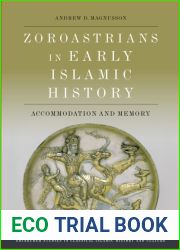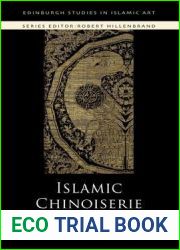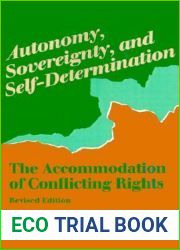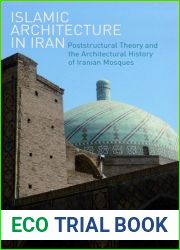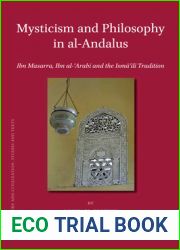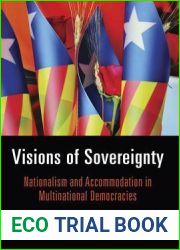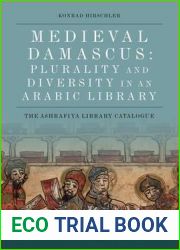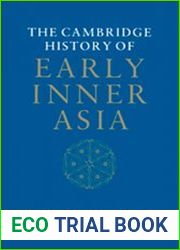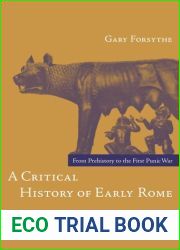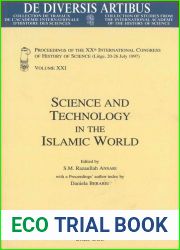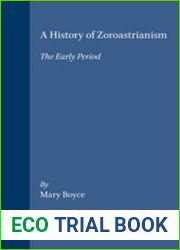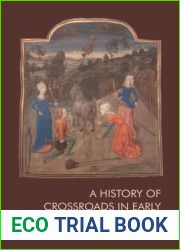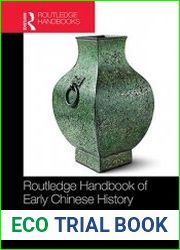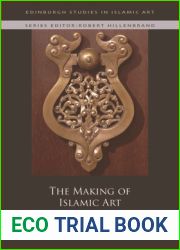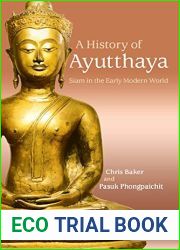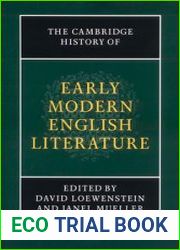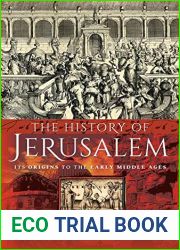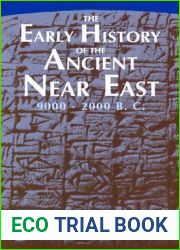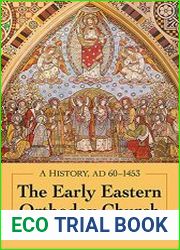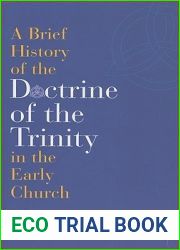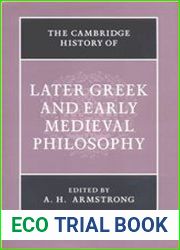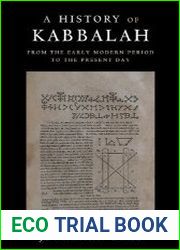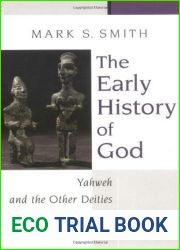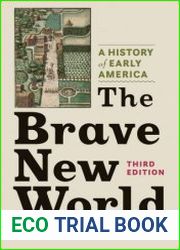
BOOKS - Zoroastrians in Early Islamic History: Accommodation and Memory (Edinburgh St...

Zoroastrians in Early Islamic History: Accommodation and Memory (Edinburgh Studies in Classical Islamic History and Culture)
Author: Andrew D. Magnusson
Year: November 29, 2022
Format: PDF
File size: PDF 716 KB
Language: English

Year: November 29, 2022
Format: PDF
File size: PDF 716 KB
Language: English

Zoroastrians in Early Islamic History Accommodation and Memory Edinburgh Studies in Classical Islamic History and Culture The book "Zoroastrians in Early Islamic History Accommodation and Memory" by Andrew D. Magnusson, delves into the complex and intriguing history of the relationship between Zoroastrians and Muslims during the early days of Islam. The author explores the challenges faced by both groups in understanding and interacting with each other, and how this interaction shaped the development of Islamic law and tradition. The story begins with the second Muslim caliph, Umar ibn al-Khattab, who is said to have exclaimed, "I do not know how to treat Zoroastrians. " This statement highlights the confusion and dilemma that many Muslims faced when encountering a religion that was neither biblical nor polytheistic. Some Muslims viewed Zoroastrians as pagans and sought to limit their interactions with them, while others found ways to incorporate them within the Islamic empire. As the author delves into the historical accounts, he uncovers the struggle between advocates of inclusion and exclusion, and how the memory of this relationship has been buried over time. The book provides a nuanced understanding of the accommodations made by Muslims towards Zoroastrians, and the reasons behind the subsequent forgetting of these events.
Zoroastrians in Early Islamic History Accommodation and Memory Edinburgh Studies in Classical Islamic History and Culture Книга «Zoroastrians in Early Islamic History Accommodation and Memory» Эндрю Д. Магнуссона посвящена сложной и интригующей истории взаимоотношений между зороастрийцами и мусульманами в первые дни ислама. Автор исследует проблемы, с которыми сталкиваются обе группы в понимании и взаимодействии друг с другом, и как это взаимодействие сформировало развитие исламского права и традиции. История начинается со второго мусульманского халифа, Умара ибн аль-Хаттаба, который, как говорят, воскликнул: "Я не знаю, как относиться к зороастрийцам. "Это заявление подчеркивает путаницу и дилемму, с которыми сталкивались многие мусульмане, сталкиваясь с религией, которая не была ни библейской, ни политеистической. Некоторые мусульмане рассматривали зороастрийцев как язычников и стремились ограничить их взаимодействие с ними, в то время как другие находили способы включить их в состав исламской империи. По мере того, как автор углубляется в исторические рассказы, он раскрывает борьбу между сторонниками включения и исключения, и то, как со временем была похоронена память об этих отношениях. Книга дает тонкое понимание приспособлений, сделанных мусульманами по отношению к зороастрийцам, и причин последующего забывания этих событий.
Zoroastrians in Early Islamic History Accommodation and Memory Edinburgh Studies in Classical Islamic History and Culture Livre « Zoroastrians in Early Islamic History Accommodation et Memory » Andrew D. Magnusson traite de l'histoire complexe et intrigante des relations entre les zoroastriens et les musulmans au début de l'Islam. L'auteur étudie les problèmes rencontrés par les deux groupes dans la compréhension et l'interaction entre eux, et comment cette interaction a façonné le développement du droit et des traditions islamiques. L'histoire commence par le deuxième calife musulman, Umar ibn al-Khattab, qui aurait dit : "Je ne sais pas comment traiter les zoroastriens. "Cette déclaration souligne la confusion et le dilemme auxquels de nombreux musulmans ont été confrontés face à une religion qui n'était ni biblique ni polythéiste. Certains musulmans considéraient les zoroastriens comme des païens et cherchaient à limiter leurs interactions avec eux, tandis que d'autres trouvaient des moyens de les inclure dans l'empire islamique. Au fur et à mesure que l'auteur se penche sur les histoires historiques, il révèle la lutte entre les partisans de l'inclusion et de l'exclusion, et comment la mémoire de cette relation a été enterrée au fil du temps. livre donne une compréhension subtile des adaptations faites par les musulmans à l'égard des zoroastriens et des raisons de l'oubli ultérieur de ces événements.
Zoroastrians in Early Islamic History Accommodation and Memory Edinburgh Studies in Classical Islamic History and Culture «Zoroastrians in Early Isarly Historia lámica Accommodación y memoria» de Andrew D. Magnusson se centra en la compleja e intrigante historia de la relación entre zoroastrianos y musulmanes en los primeros tiempos del Islam. autor explora los desafíos que enfrentan ambos grupos para entender e interactuar entre sí, y cómo esta interacción ha dado forma al desarrollo de la ley y la tradición islámicas. La historia comienza con el segundo califa musulmán, Umar ibn al-Hattab, quien se dice exclamó: "No sé cómo tratar a los zoroastrianos. "Esta declaración pone de relieve la confusión y el dilema que enfrentan muchos musulmanes al enfrentarse a una religión que no era ni bíblica ni politeísta. Algunos musulmanes veían a los zoroastrianos como gentiles y buscaban limitar su interacción con ellos, mientras que otros encontraban maneras de incorporarlos al imperio islámico. A medida que el autor profundiza en los relatos históricos, revela la lucha entre los defensores de la inclusión y la exclusión, y cómo con el tiempo se ha enterrado el recuerdo de esta relación. libro proporciona una sutil comprensión de las adaptaciones hechas por los musulmanes hacia los zoroastrianos y las razones para el posterior olvido de estos acontecimientos.
Zoroastrians in Early Islamic History Actory and Memory Edinburgh Studies in Classical Islamic History and Cultura Livro Zoroastrians in Early Islamic History Actory and Memory "Andrew D. Magnusson trata da complexa e intrigante história das relações entre zoroastrianos e muçulmanos nos primeiros dias do Islão. O autor explora os desafios que ambos os grupos enfrentam na compreensão e interação entre si, e como essa interação criou o desenvolvimento da lei e tradição islâmicas. A história começa com o segundo califa muçulmano, Umar bin al-Khattab, que diz ter dito: "Não sei como tratar os zoroastrianos. "Esta declaração sublinha a confusão e o dilema enfrentados por muitos muçulmanos ao lidar com uma religião que não era bíblica ou politeísta. Alguns muçulmanos consideravam os zoroastrianos como pagãos e procuravam limitar a sua interação com eles, enquanto outros encontravam formas de incluí-los no império islâmico. À medida que o autor se aprofunda nas histórias históricas, revela a luta entre os defensores da inclusão e da exclusão, e como a memória dessa relação foi enterrada com o tempo. O livro oferece uma compreensão sutil das adaptações feitas pelos muçulmanos em relação aos zoroastrianos e as razões para o consequente esquecimento destes acontecimentos.
Zoroastrians in Early Islamic History Accommodation and Memory Edinburgh Studies in Classical Islamic History and Culture "Zoroastrians in Early Islamic History Acommodation and Memory di Andrew D. Magnusson è dedicato alla complessa e intrigante storia dei rapporti tra zoroastriani e musulmani nei primi giorni dell'Islam. L'autore indaga sui problemi che entrambi i gruppi affrontano nella comprensione e nell'interazione tra loro, e su come questa interazione ha creato lo sviluppo del diritto e della tradizione islamiche. La storia inizia con il secondo califfo musulmano, Umar bin al-Khattab, che ha detto: "Non so come trattare gli zoroastriani. "Questa dichiarazione mette in evidenza la confusione e il dilemma che molti musulmani hanno affrontato per affrontare una religione che non era né biblica né politeista. Alcuni musulmani consideravano gli zoroastriani come pagani e cercavano di limitare la loro interazione con loro, mentre altri trovavano modi per inserirli nell'impero islamico. Mentre l'autore approfondisce i racconti storici, rivela la lotta tra i sostenitori dell'inclusione e dell'esclusione, e come nel tempo è stata sepolta la memoria di questa relazione. Il libro fornisce una delicata comprensione degli attrezzi fatti dai musulmani nei confronti degli zoroastriani e delle ragioni per cui questi eventi sono stati poi dimenticati.
Zoroastrians in Early Islamic History Unterkunft und Erinnerung Edinburgh Studies in Classical Islamic History and Culture Buch „Zoroastrians in Early Islamic History Unterkunft und Erinnerung“ von Andrew D. Magnussona widmet sich der komplexen und faszinierenden Geschichte der Beziehung zwischen Zoroastriern und Muslimen in den frühen Tagen des Islam. Der Autor untersucht die Herausforderungen, vor denen beide Gruppen stehen, wenn es darum geht, miteinander zu verstehen und zu interagieren, und wie diese Interaktion die Entwicklung des islamischen Rechts und der islamischen Tradition geprägt hat. Die Geschichte beginnt mit dem zweiten muslimischen Kalifen, Umar ibn al-Khattab, der ausrief: "Ich weiß nicht, wie ich die Zoroastrier behandeln soll. "Diese Aussage unterstreicht die Verwirrung und das Dilemma, mit dem viele Muslime konfrontiert waren, als sie mit einer Religion konfrontiert wurden, die weder biblisch noch polytheistisch war. Einige Muslime betrachteten die Zoroastrier als Heiden und versuchten, ihre Interaktion mit ihnen einzuschränken, während andere Wege fanden, sie in das islamische Reich aufzunehmen. Während der Autor in historische Geschichten eintaucht, offenbart er den Kampf zwischen Befürwortern von Inklusion und Ausgrenzung und wie die Erinnerung an diese Beziehung im Laufe der Zeit begraben wurde. Das Buch gibt einen subtilen Einblick in die Anpassungen der Muslime in Bezug auf die Zoroastrier und die Gründe für das anschließende Vergessen dieser Ereignisse.
''
Erken İslam Tarihinde Zerdüştler Konaklama ve Hafıza Klasik İslam Tarihi ve Kültüründe Edinburgh Çalışmaları Nusson, İslam'ın ilk günlerinde Zerdüştler ve Müslümanlar arasındaki ilişkinin karmaşık ve ilgi çekici tarihini ele alıyor. Yazar, her iki grubun da birbirlerini anlama ve etkileşimde karşılaştıkları zorlukları ve bu etkileşimin İslam hukuku ve geleneğinin gelişimini nasıl şekillendirdiğini araştırıyor. Hikaye, ikinci bir Müslüman halife olan Ömer ibn el-Hattab'ın "Zerdüştlere nasıl davranacağımı bilmiyorum. Bu açıklama, ne İncil ne de çok tanrılı olmayan bir dinle karşı karşıya kaldıklarında birçok Müslümanın karşılaştığı karışıklığı ve ikilemi vurgulamaktadır. Bazı Müslümanlar Zerdüştleri putperest olarak gördüler ve onlarla etkileşimlerini sınırlamaya çalıştılar, diğerleri ise onları İslam imparatorluğuna dahil etmenin yollarını buldular. Yazar tarihsel hesaplara girerken, dahil etme ve dışlama savunucuları arasındaki mücadeleleri ve bu ilişkinin hafızasının zaman içinde nasıl gömüldüğünü ortaya koyuyor. Kitap, Müslümanların Zerdüştlere karşı yaptıkları konaklamalar ve bu olayların daha sonra unutulmasının nedenleri hakkında nüanslı bir anlayış sunmaktadır.
الزرادشتيون في أوائل التاريخ الإسلامي التكيف والذاكرة تتناول دراسات إدنبرة في التاريخ والثقافة الإسلامية الكلاسيكية نوسون التاريخ المعقد والمثير للاهتمام للعلاقة بين الزرادشتيين والمسلمين في الأيام الأولى للإسلام. يستكشف المؤلف التحديات التي تواجهها المجموعتان في فهم وتفاعل بعضهما البعض، وكيف شكل هذا التفاعل تطور الشريعة والتقاليد الإسلامية. تبدأ القصة بخليفة مسلم ثان، عمر بن الخطاب، قيل إنه صرخ، "لا أعرف كيف أعامل الزرادشتيين. "يسلط هذا البيان الضوء على الارتباك والمعضلة التي يواجهها العديد من المسلمين عندما يواجهون دينًا ليس كتابيًا ولا شركيًا. نظر بعض المسلمين إلى الزرادشتيين على أنهم وثنيون وسعوا إلى الحد من تفاعلهم معهم، بينما وجد آخرون طرقًا لدمجهم في الإمبراطورية الإسلامية. بينما يتعمق المؤلف في الروايات التاريخية، يكشف عن الصراعات بين دعاة الإدماج والإقصاء، وكيف تم دفن ذكرى تلك العلاقة بمرور الوقت. يقدم الكتاب فهمًا دقيقًا للترتيبات التي قام بها المسلمون تجاه الزرادشتيين وأسباب نسيان هذه الأحداث لاحقًا.







